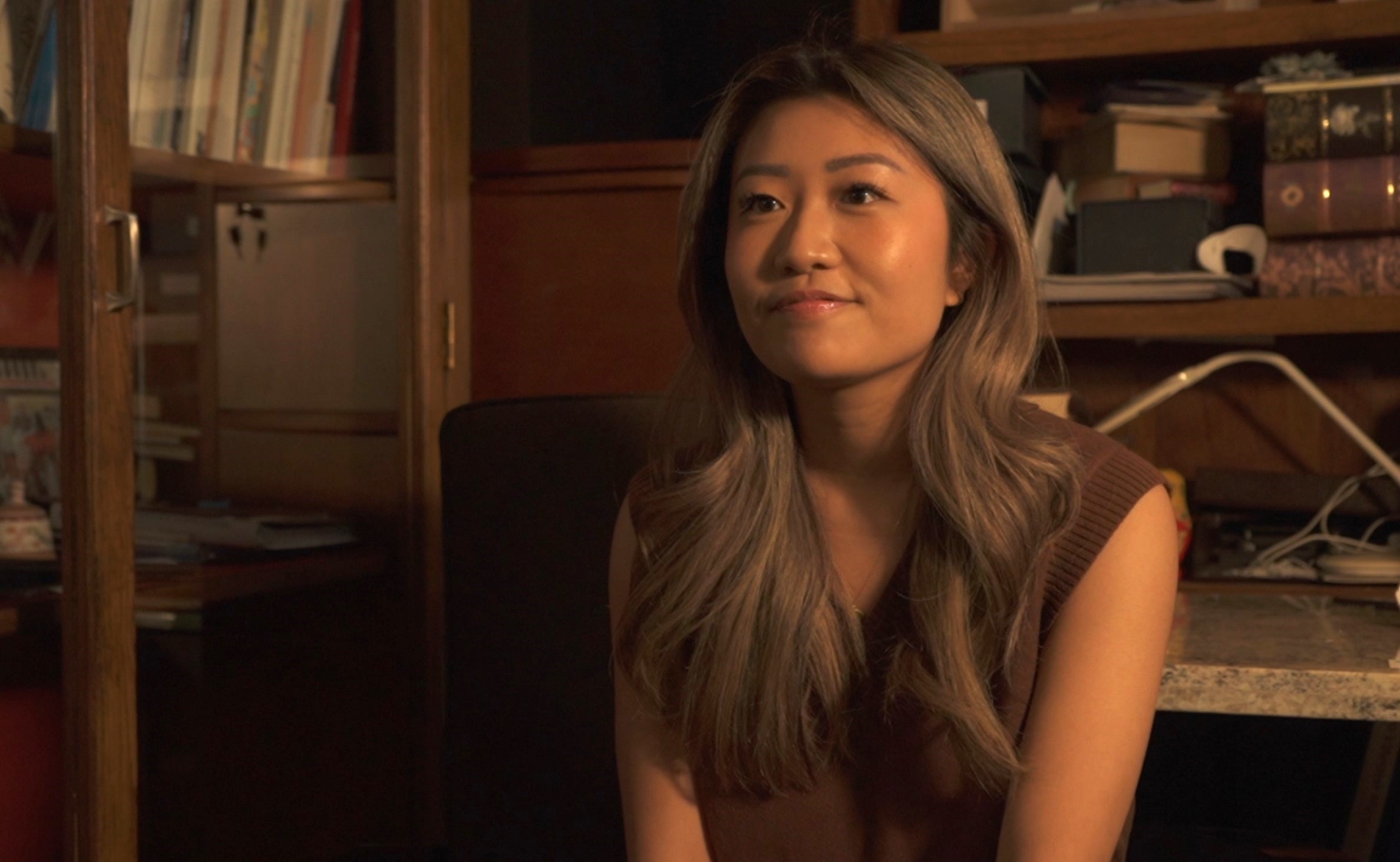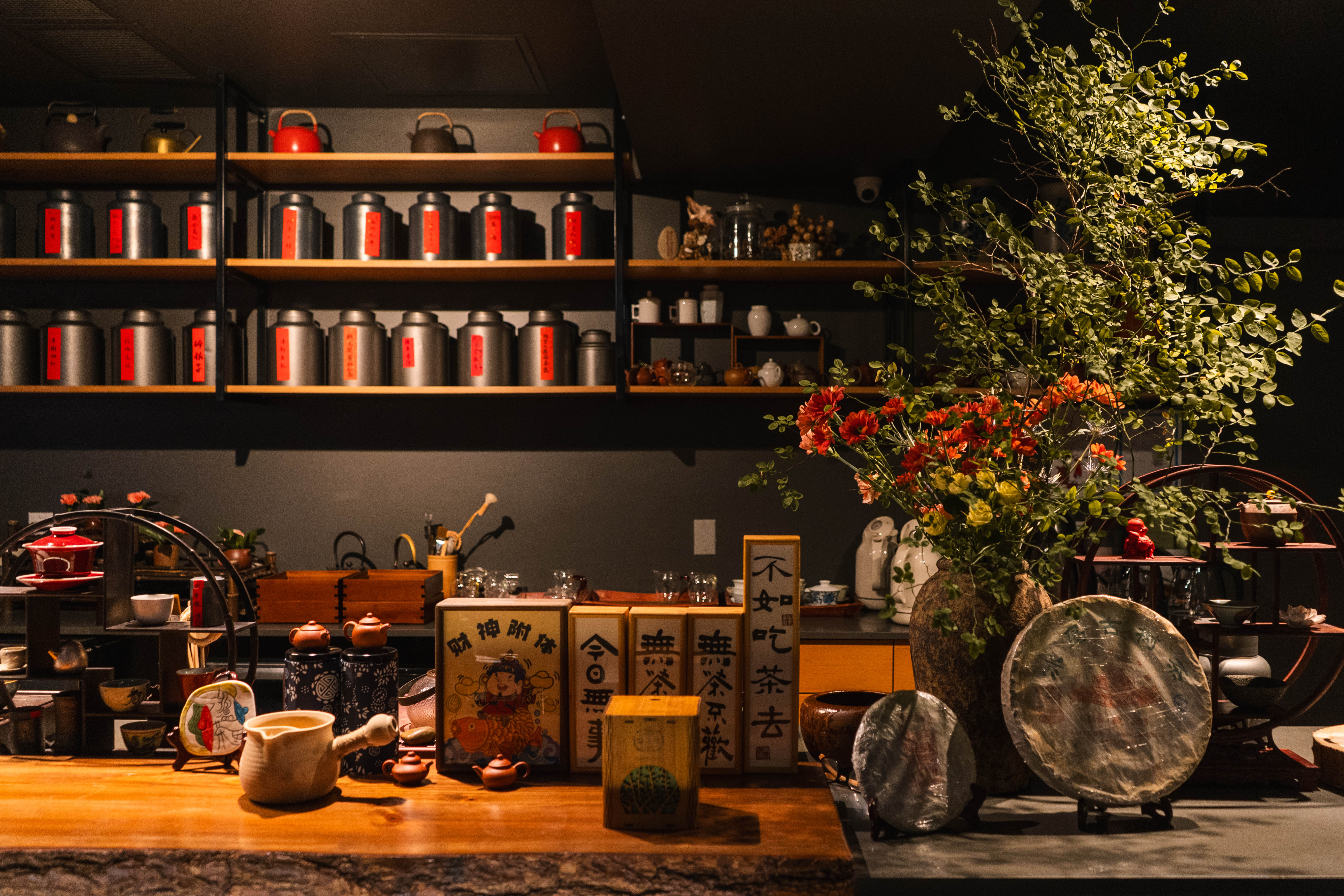Stephanie
Stephanie

Stephanie’s story begins in Shanghai, China, where she was born and raised before her family immigrated to Vancouver. At five years old, she struggled to find her place in a new and foreign world. She was unfamiliar with English and quickly realized that her teachers and peers couldn't fully understand her.
For the next few years, she had no choice but to remain in Vancouver. Stephanie felt culturally isolated despite living in a community with a large Chinese migrants demographic. Her parents encouraged her to make friends with white students, believing this would help her assimilate into Western culture which could lead to more opportunities. This was part of the challenge: trying to fit into a society where she didn’t feel she truly belonged, either to the Canadian or Chinese worlds.
“I didn’t really make a lot of friends,” she recalls. “My parents always wanted me to have white friends…as if that meant I had succeeded in integrating.”
At nine years old, Stephanie returned to Shanghai, an experience that helped her reconnect with her roots and bond with her grandmother, who became an anchor in her life. Stephanie also enrolled in an international school, where she again felt the weight of cultural divides. She was often caught between two identities—the "Western" students who seemed so different from her, and the "local" students who didn’t quite accept her because her Mandarin wasn't perfect.
During high school in Vancouver, she was continuously confronted with the complexities of identity, this time with harsher labels. “You were either whitewashed, or you were a FOB (Fresh off the Boat),” she says, reflecting on how difficult it was to belong to either group. There was no in-between. She was caught between her Canadian side and her Chinese roots, and neither one fully embraced her.
Stephanie’s experience deepened when she began studying sociology in university. She found herself drawn to the ideas of compassion, inclusion, and understanding, values that felt deeply personal to her. She began to realize that, rather than trying to erase her differences, she could celebrate them. “We’re all the same at the core,” she says, and that realization became the foundation for her passion.
Today, she works at a Chinese community center on campus, using it as a way to reconnect with her culture and language. The space provides a rare sense of belonging. “I feel like I’m talking to my relatives again,” she explains. This is a place where she can be fully herself. There's no need for explanations or translations; all that matters is connecting and learning through shared cultural history, language, and understanding.
As she continues her studies, Stephanie holds onto the values of empathy, compassion, and understanding, hoping to foster these in a world that’s often divided by race and culture. Migration isn’t just a physical journey; it’s an ongoing exploration of identity, belonging, and connection.
We gratefully acknowledge the financial support of the Province of British Columbia through the 150 Time Immemorial Grant Program.



